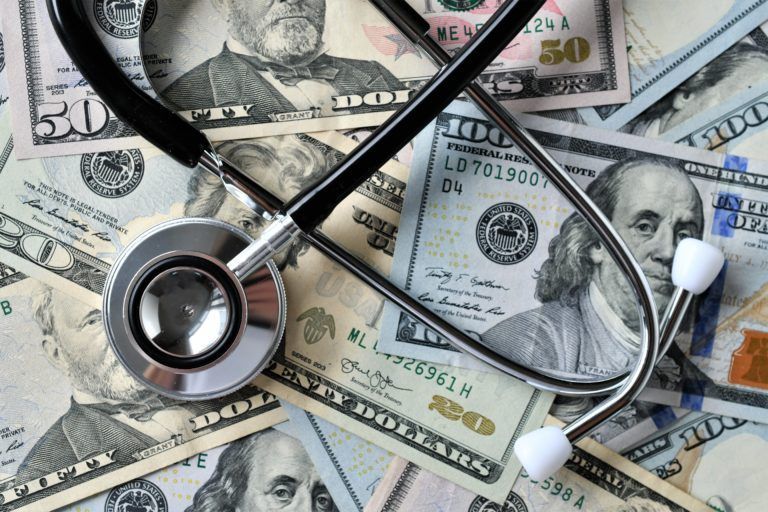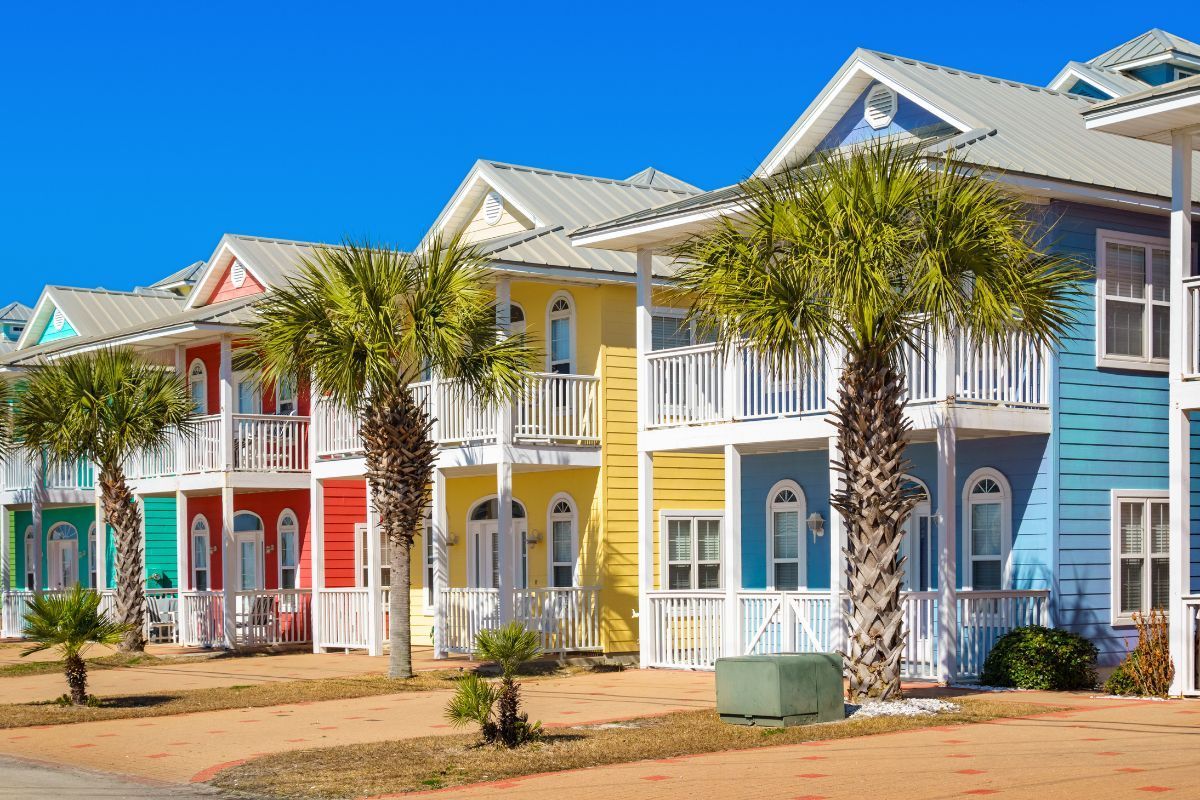Settling an Automobile Accident Claim on Your Own? Beware of Hidden Health and Medical Insurance Liens

We often receive telephone calls from potential clients who settled their own automobile injury claim without the assistance of an attorney, and who signed a final release concluding their claims. However, about 3-9 months later they’ve received a letter from their health insurance carrier (BCBS, UHC, Humana) demanding reimbursement for all medical bills paid by the carrier related to the client’s automobile accident. Oftentimes, the demand for reimbursement is either for more than the total settlement amount, or most of it. These clients tell their insurance carriers that they had no idea, and no one told them, of their obligation under their health insurance contract and Florida law to reimburse their health insurance carrier. When we receive these telephone calls (usually 3-5 per month), we have to give some very bad news – repaying these health and medical insurance liens is required, and the fact that no one advised you of this fact has no bearing. In these instances, these potential clients walk away from an accident with nothing or little to nothing. This can be completely avoided by having an experienced personal injury attorney on your side.
What are Subrogation and Collateral Sources?
Subrogation and Collateral Sources are the legal terms that ultimately require financial reimbursement to your health insurance carriers from your personal injury settlement proceeds. Under applicable Florida and federal law, the parties who can subrogate against your personal injury settlement are health insurance carriers, medical payments coverage under your automobile insurance policy, Medicare, Medicaid, and uninsured motorist carriers. If these companies made payments regarding an accident that you have received personal injury compensation for, they have a subrogation lien over your claim, and must be repaid from your settlement proceeds. Ignoring or refusing these liens, especially Medicare and Medicaid, can bring about lawsuits filed against you, and, potentially, criminal charges for attempting to defraud Medicare or Medicaid. Moreover, an injured party cannot tell or force these insurers to receive their reimbursement directly from the party who caused the accident. Their right to reimbursement attaches directly to your claim, not to the driver who caused your accident. Personal injury protection (PIP) benefits under your automobile insurance policy specifically do not require any reimbursement from your injury settlement proceeds. Both Florida and federal law enforce these subrogation rights of insurers – there is no ignoring or getting around them.
An experienced personal injury attorney at GTS understands these liens and will not resolve your personal injury claim without factoring these liens into your “settlement equation”. Additionally, GTS regularly and successfully negotiates substantial reductions of these liens with Medicare, Medicaid, medical payments insurance carriers, and all health insurance companies, including Blue Cross Blue Shield, United Health Care, and Aetna. The successful resolution of these liens oftentimes “makes or breaks” a client’s personal injury claim. Being able to negotiate a 50% reduction off a $95,000.00 health insurer lien saves a client $47,500.00!
Those not represented by experienced personal injury attorneys often learn about subrogation and collaterals sources after it’s already too late. Once a personal injury claim is settled and a release signed, the injury claim is over. When we receive telephone calls of those injured in an accident who resolved cases without knowing the consequences of subrogation liens, it’s always a difficult conversation to have. An opposing insurance company has no legal obligation to assist or inform an unrepresented claimant about subrogation liens that attach to their claim. When we represent an injured party, resolving these liens in the most successful manner possible is an important part of the legal assistance we provide. The unknown pitfalls of subrogation liens are one of the many reasons having an experienced personal injury attorney assisting you with your claim will maximize your recovery.
Getting Help from GTS Can Be a Real Game Changer
If you were involved in an accident caused by the negligence of another, learn how our Southwest Florida accident lawyers can help you and your family recover fair compensation for your personal injuries, medical bills, and lost wages. Our experienced and compassionate team at Goldman, Tiseo, and Sturges, P.A. will advise you how we can help you and your family during a FREE consultation. Please call us at (941) 625-6666, or send us a message through our contact us box available on our website here. Whether you are a resident of Florida or were injured while visiting from out of state, our Florida personal injury lawyers can assist.
Share This Post:






